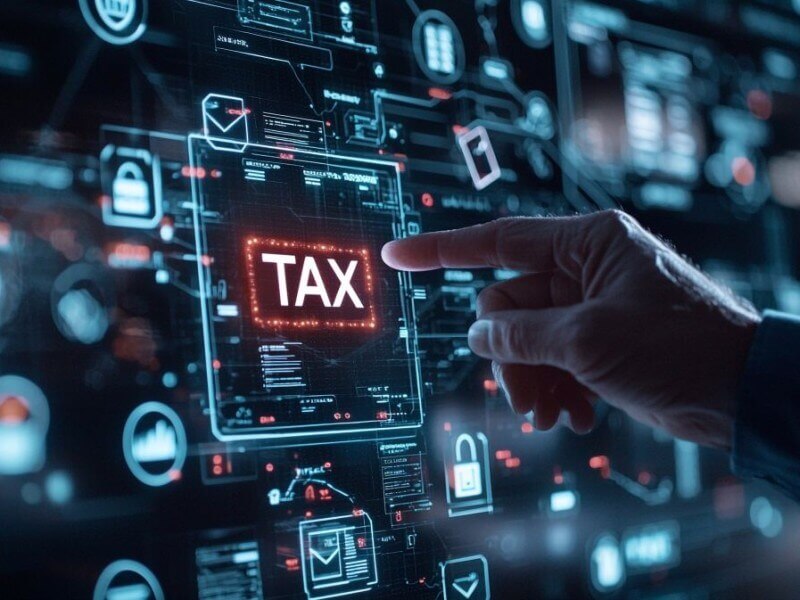
Tax compliance rises among PH digital workers, Taxumo study finds
From gig economy freelancers to online sellers and micro-entrepreneurs, the Philippines’ digital workforce is rapidly reshaping how Filipinos earn—and how they pay taxes.
According to the newly released State of Online Taxation 2025 report by tax platform Taxumo, a growing number of individuals are now embracing formal tax compliance as an integral part of building sustainable digital livelihoods.
This change comes amid the government’s push to expand the country’s tax base, driven by fiscal pressures and the growing prominence of the informal economy. The Taxumo report offers a rare glimpse into how digital earners are becoming part of the formal economy.

Digital work is mainstream—and massive
Once seen as a fringe income source, digital earnings are now powering a significant share of the economy. About 1.5 million Filipinos are active on global freelance platforms, with even more earning through local gigs and informal e-commerce.
From 2019 to 2020, freelance earnings in the Philippines surged by 208 percent—the fastest in Asia. By 2021, roughly 8.7 million Filipinos, or one in five workers, were earning from online sources. The digital economy was valued at ₱2.25 trillion in 2024, accounting for 8.5 percent of the country’s GDP. E-commerce alone contributed ₱302 billion.
This boom was fueled largely by young, tech-savvy workers who pivoted quickly during the pandemic. For many, digital work is no longer a stopgap—it’s a primary and sustainable source of income.
Online tax filing on the rise
Taxumo’s data shows an average annual growth of 49 percent in income tax filings since 2020, driven largely by first-time and previously informal earners. The ease of filing taxes online appears to have lowered barriers to entry, encouraging compliance from individuals once excluded from the formal economy.
The trend isn’t just concentrated in Metro Manila. A growing number of users from the provinces are using digital platforms and tools—including banking and invoicing apps—to stay compliant.
A closer look at who’s filing
The report offers surprising insights into the income profiles of these new taxpayers. While 47.5 percent fall under the middle-income bracket, a significant 30 percent are considered poor based on national income thresholds.
Despite limited means, these individuals are opting into the tax system, often to access loans, government permits, or to legitimize their growing businesses.
Generational shift: Millennials dominate, Gen Z grows
Millennials represent the largest cohort of digital tax filers, accounting for 66.8 percent of all users. However, Gen Z is fast catching up—contributing 22.1 percent of users in 2025, up from 17.9 percent the year prior.
Although Gen Z accounted for just 12.7 percent of online income tax contributions, their growing presence signals a long-term shift in behavior. Many Gen Z workers began freelancing during the pandemic and are more likely to see tax compliance as standard practice rather than an afterthought.
Women take the lead
Among Taxumo’s user base, women—particularly Millennial women—are leading the charge. They comprise 40 percent of users, significantly outnumbering male counterparts. Gen Z women also show strong representation, making up 13.6 percent of users compared to just 7.9 percent of Gen Z males.
This trend reflects women’s growing role in digital entrepreneurship, especially in content creation, consulting, design, and other service-based industries.
Taxation enters a new era
Taxumo’s report underscores a powerful trend: As more Filipinos go digital in how they work, they’re also getting serious about tax compliance. The shift suggests both a maturing digital economy and an evolving mindset about what it means to participate in formal economic systems.
For policymakers, it’s a wake-up call to support this transformation—not just through regulation, but with education, incentives, and tools that make compliance sustainable and worthwhile for the country’s growing pool of digital workers. —Ed: Corrie S. Narisma
Read the full “State of Online Taxation 2025” report at: https://www.taxumo.com/state-of-online-taxation-2025/

